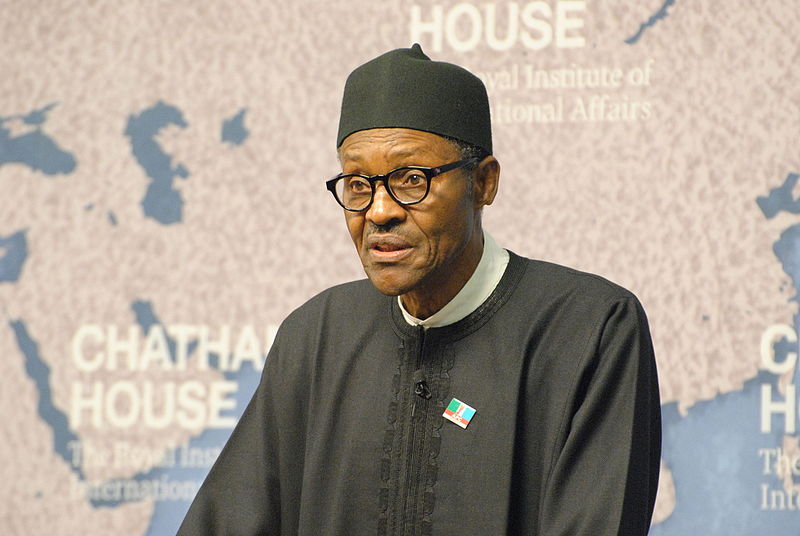Abdullahi said that Twitter agreed to establish a legal entity in Nigeria by the first quarter of 2022. He added that this was the platform’s “first step in demonstrating its long-term commitment to Nigeria.” The move was one of the three requests from the Nigerian government that the tech giant previously failed to meet. The government made a total of 10 requests after the ban, with Twitter initially agreeing to only seven — the other unresolved issues being paying taxes locally and cooperating with the Nigerian government to regulate content and harmful tweets. The ban came into force on 4 June after the social media platform deleted a tweet by the president, which many believed to be a veiled threat to punish regional secessionists. It read: “Many of those misbehaving today are too young to be aware of the destruction and loss of lives that occurred during the Nigerian Civil War. Those of us in the fields for 30 months, who went through the war, will treat them in the language they understand.” To the ire of the Nigerian government, Twitter also temporarily suspended Buhari’s account for 12 hours after removing the tweet. This led to Information and Culture Minister Lai Mohammed calling the move unfair and having “double standards”. The platform’s suspension came shortly after, citing that it was being used for activities that are capable of undermining Nigeria’s corporate existence. (Source: TechCruch, BBC.)

